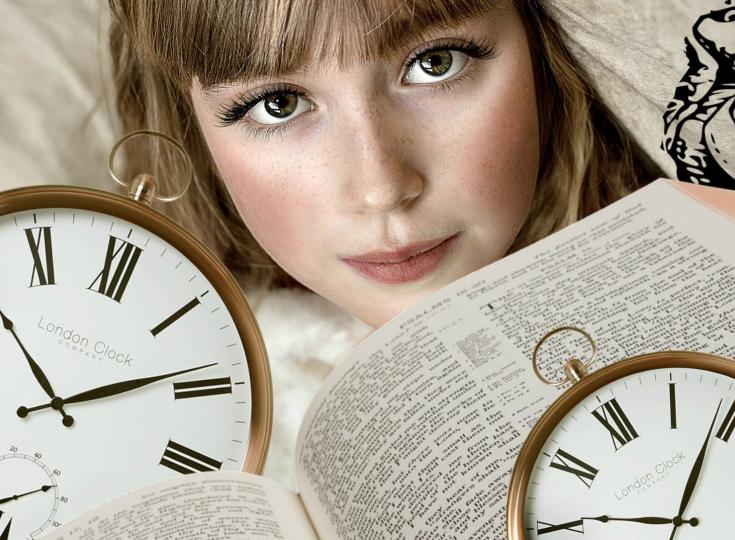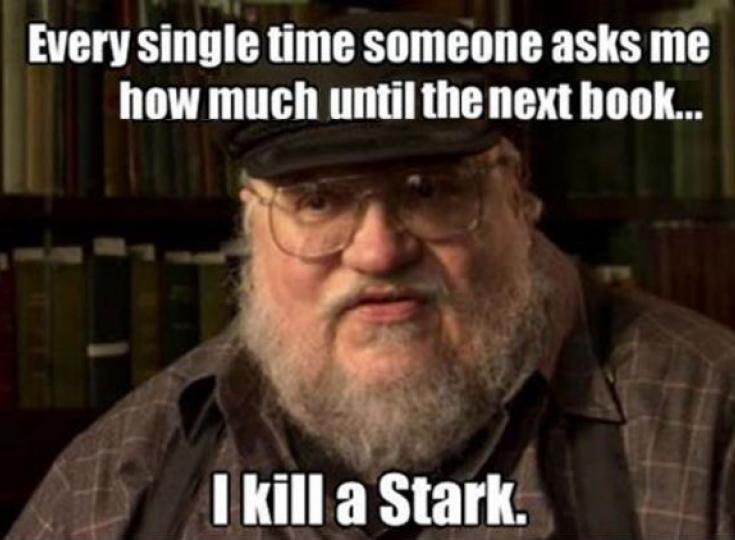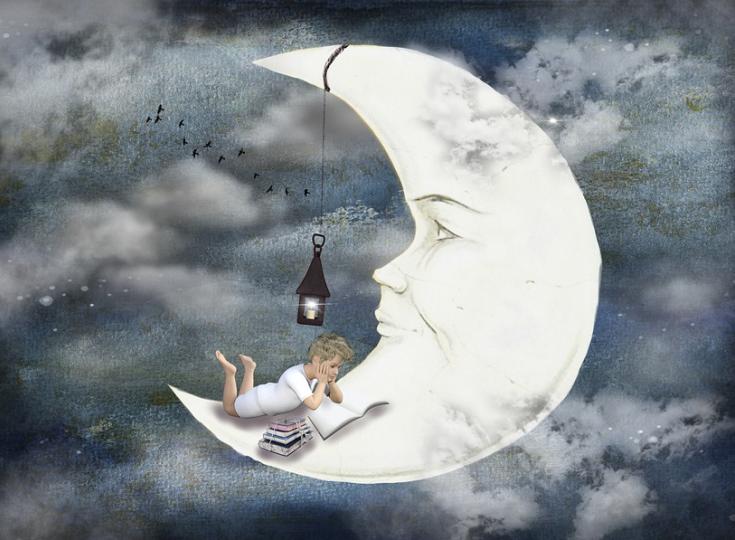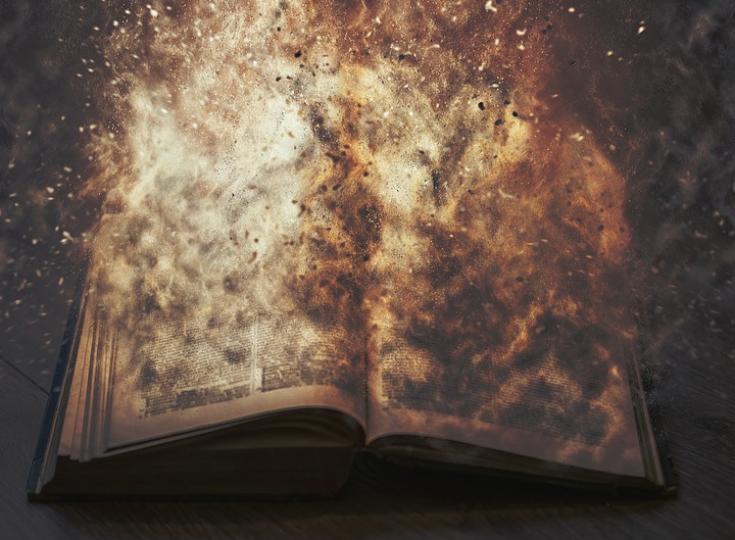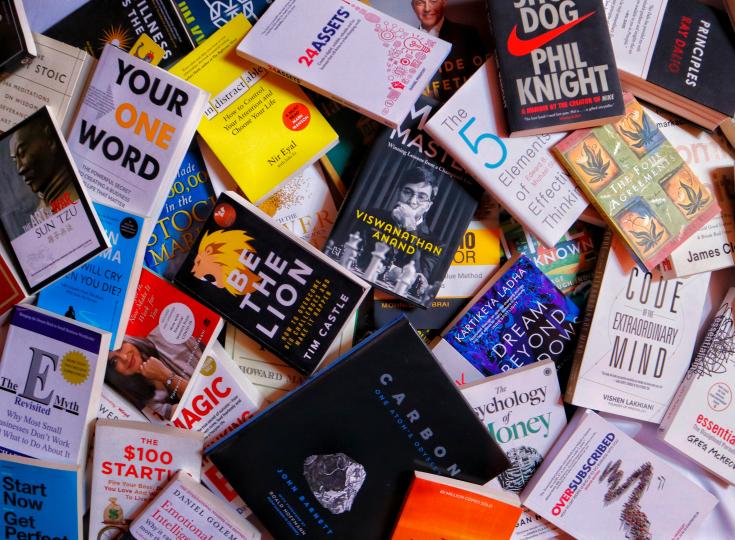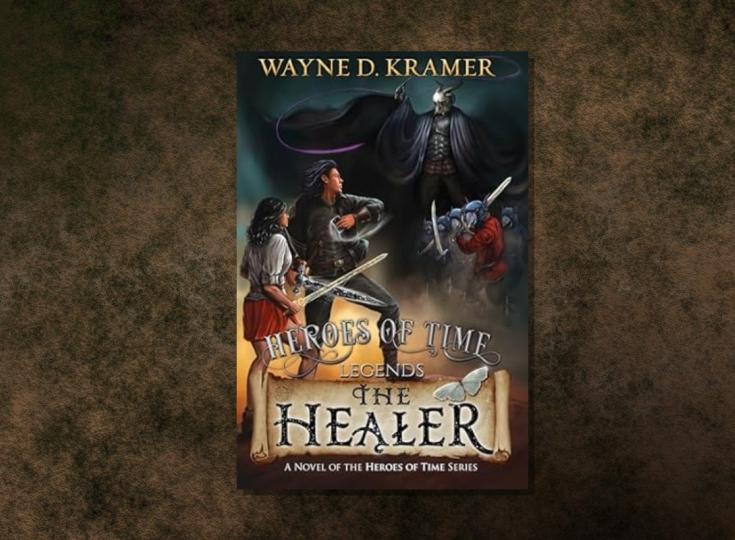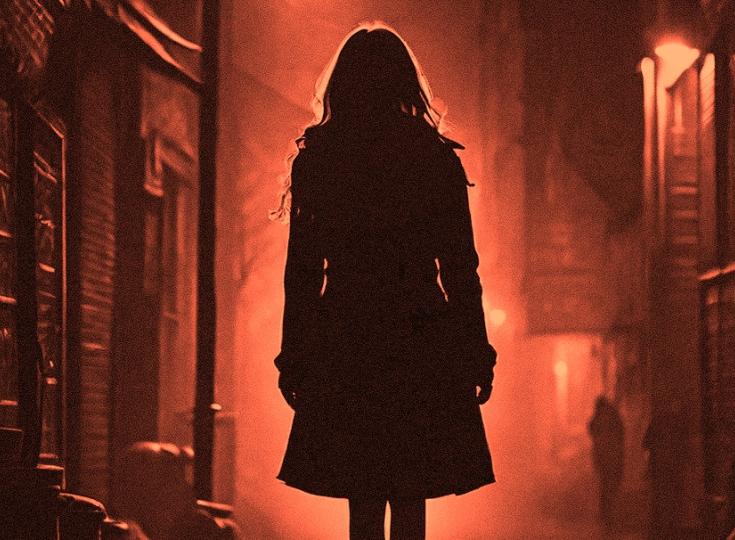Without a good hook, a story might seem boring or long winded before it has even properly begun. However, some authors tend to take things to the extreme by opening their books with lines that are a little unusual.
Articles
Authors spend months or even years working on their books, but once done, it is out of their hands and into the hands of the public. Sometimes fans interpret the books in different ways than the author intended or feel like the author owes them more than what was delivered.
Feeling heartbroken or depressed? Are you experiencing loss? The good news is that there is a book for every heartbreak: books can dim the pain with humor, provide hope in a happy ending or just make you feel like you are not alone.
There is something very unsettling about discovering that all is not well with the narrator of the book that you are reading. In some books, the narration duties fall to one of the main characters, while in others a third party tells the story.
Anyone still waiting for their own flying car or personal teleportation device will know that the future predictions by science fiction authors don't always arrive in a timely fashion or at all.
One of the advantages of being an author is that you can invent your own characters and the worlds that they inhabit. However, all of these characters must then be named as well, which is something that certain authors are better at than others.
The Disdain From People Who Stick To Paper
There is nothing more annoying than people who only consider you a “real” book lover if you have shelves that are overflowing with real books.
If you look at our world history, the saying "the pen is mightier than the sword" has certainly proven true in many events.
It is often said that truth is stranger than fiction, but sometimes the two can be almost indistinguishable. In fiction, authors can let their imagination go wild, but there are some non-fiction books that are just as gripping and sometimes even terrifying.
